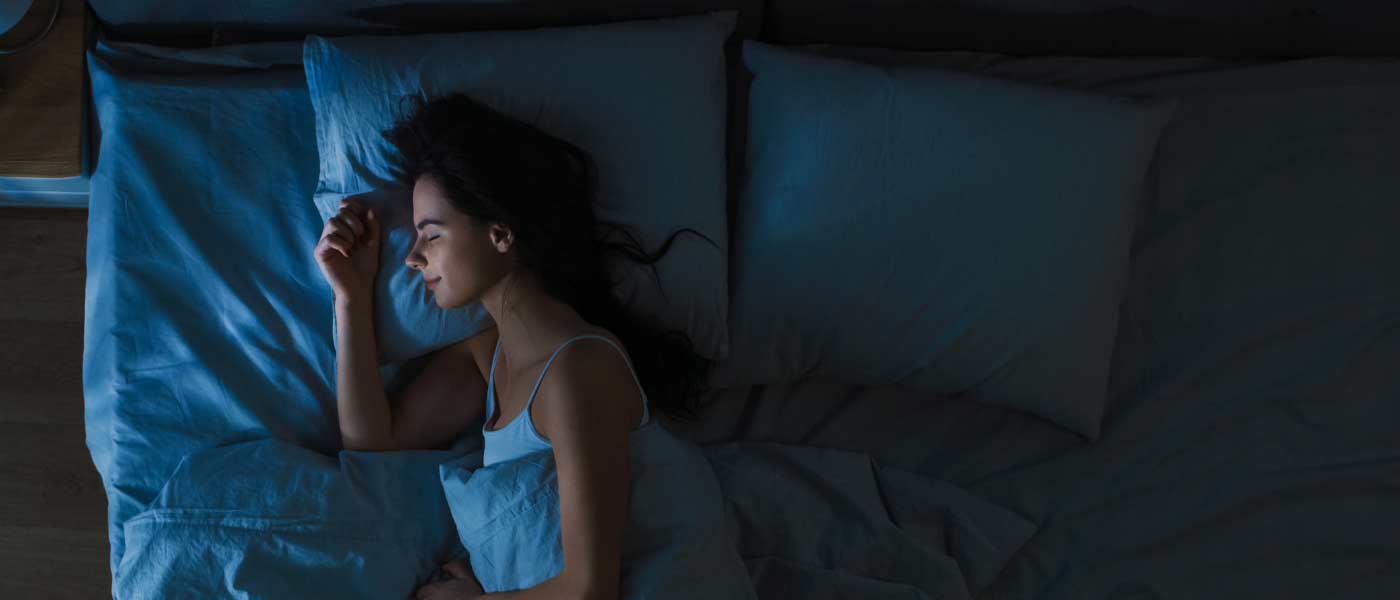When you’ve spent the day at the gym working your butt (and pretty much every other muscle) off, it’s likely that you’ll feel sore. But did you know that soreness isn’t just a sign of an arduous workout? It’s also a sign of muscle damage—and that damage will only get repaired if you sleep enough!
Lack of sleep is bad for many reasons, but it’s especially bad if your goal is to build muscle. When you’re sleeping is when your body replenishes the energy stores it uses during exercise and repairs damaged tissue. That means if you aren’t getting enough sleep, your muscles won’t be able to repair themselves as effectively—and then they’ll be more prone to further damage the next time you work out.
But how much sleep do you need? Is 6 hours enough for your muscles to recover? Read on for our detailed overview of sleep, recovery, and muscle growth.
Why Do People Sleep?
Sleep is not just passive rest. It is a very active process where the body repairs and restores itself. During sleep, the brain releases hormones that promote muscle recovery and growth.
Without adequate sleep, these hormones are not released sufficiently to repair and strengthen muscles. Moreover, if sleep is compromised for several days, the body can enter into a state of “sleep debt,” in which these beneficial hormones are produced in smaller quantities. This can lead to further muscle damage, delayed repair of damaged muscle fibers, and reduced muscle building.
So How Much Sleep Do You Need to Get?
You’ve likely heard you need eight hours of sleep per night to function properly. That’s what the experts say. But what if you’re a bodybuilder with a hectic schedule? Can six hours do the trick?
Athletes know well enough that a good night’s sleep is as important as their training routine. Getting the proper amount of sleep is essential for an athlete to perform at his or her best. Any bodybuilder can tell you they don’t always get the full eight hours of sleep they need.
There are a few factors that come into play when it comes to getting enough sleep. These include age, weight, and physical activity. For example, a younger person might need more sleep than an older person. Or a heavier person might need more sleep than someone who weighs less.
As a general rule of thumb, an adult should get between seven and nine hours of sleep each night. If you’re an athlete or bodybuilder, you should probably be closer to the higher end of that range, if not more. So, if you’re only getting six hours of sleep, you are probably not getting enough.
Get Your Rest!
If you’re looking to bulk up, you might think that muscle-building is a 24/7 endeavor—it’s time to lift weights or work out, then it’s time to eat the right foods to nourish those muscles.
But don’t forget the third leg of the body-building stool: sleep! Without it, you can’t build muscle as efficiently as you’d like. Your body’s ability to recover from a workout depends on getting plenty of restful sleep. So, if your goal is to get bigger and stronger as quickly as possible, you must clock 7-9 hours in dreamland every night.

Related Stories
Women Who Move: The Missing Manual
The Hormone–Pain Connection When estrogen is stable and high, the brain’s built-in painkiller system works...
Feb
When Courage Takes Flight: Lessons From a Women’s Skydiving Record Attempt
Photo by Taylor Buffington (T-Buff) We went to Eloy, Arizona on a mission — to...
Nov
Sciatica: 1, LeBron: 0 (For Now)
File photo: LeBron James #6 of the Los Angeles Lakers. (Photo: Thearon W. Henderson /...
Oct
Pickleball vs. Tennis: The Science of Recovery
For years, tennis was the stand-in for movement: endurance, coordination, and power all at once....
Oct
5 Ways to Support Bone Strength with HiDow
World Osteoporosis Day (October 20) October 20 is World Osteoporosis Day, and chances are, you’ve...
Oct
FDA-Cleared Is a Flex. Here’s Why.
Pulling Back the Curtain You’ve seen it on boxes, on websites, in ads: FDA-cleared. It...
Sep